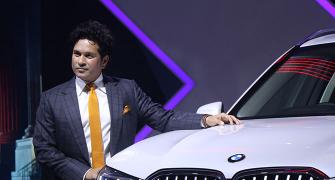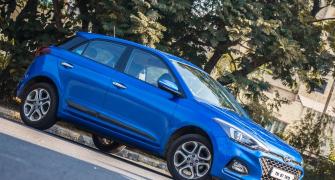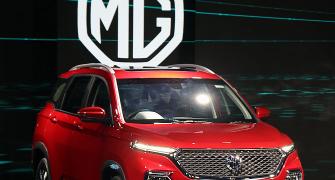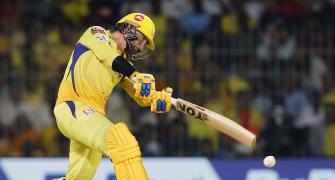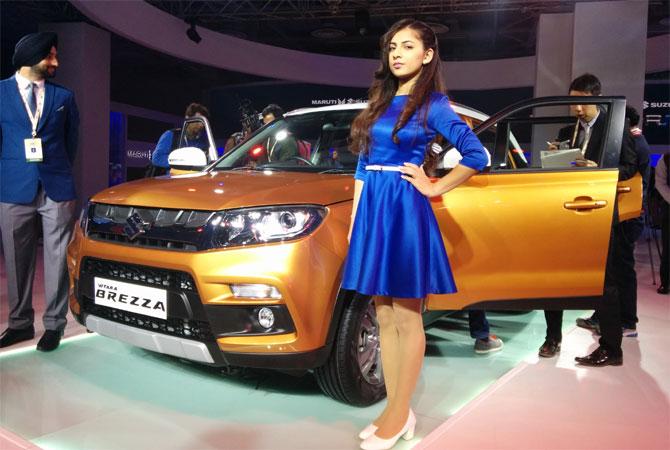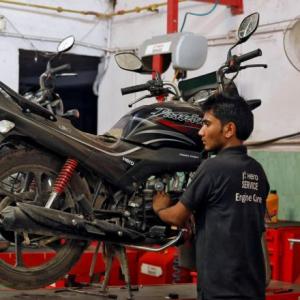Maruti being the market leader with a disproportionately high share of the passenger car market helped its component makers grow as an industry all these years and hence, the exit from a segment is a jolt if not a big setback.
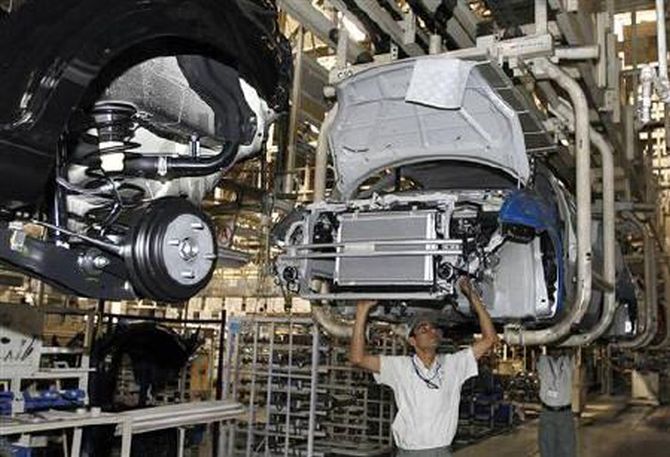
It’s been close to three weeks since Maruti Suzuki announced it would discontinue diesel cars in its fleet for various reasons, primary being the cost escalation, to meet the emission norms compliant with Bharat VI guidelines.
This prompts a larger question: Where does that leave vendors - referred to as partners by India’s largest automaker - who supply components for these vehicles?
Indeed, the pace at which India is moving from Bharat Stage (BS) IV to BS VI (deadline: 2020) skipping the intermediate BS V stage is really fast and, as many say, unprecedented.
Maruti refused to comment on how it was planning to address its partners’ concerns for whatever losses they might incur or whether there is a compensation or severance package in the works.
The Automotive Component Manufacturers Association of India (ACMA) said usually no compensation is offered in such cases.
In short, the ball is in the suppliers’ court.
A relatively long advance notice period and alternative markets in the form of other players to supply to and a huge vehicle park in the cars already on the road are what provide confidence to some of Maruti’s suppliers.
An underlying factor is also the cautious optimism, thanks to Maruti’s statements of assessing demand at a later date, of course after accounting for the increased costs.
F R Singhvi, joint managing director of Sansera Engineering, one of the suppliers to Maruti, says the company uses the same line to manufacture vehicle parts of similar nature for other companies.
“I believe one year is a fair amount of advance notice for us to divert the capacity for others including Maruti internal combustion (IC) engine parts,” he says.
Kavan Mukhtyar, partner and leader, automotive, PwC India, adds that since only the diesel specific components such as piston and piston rings will be affected, it may not affect the suppliers much.
That being said, in price-sensitive India, the relatively low-priced smaller cars running on a cheaper fuel translate into higher volumes for component makers.
Maruti being the market leader with a disproportionately high share of the passenger car market helped them grow as an industry all these years and hence, the exit from a segment is a jolt if not a big setback.
Acknowledging this, Vinnie Mehta, director general of Automotive Component Manufacturers Association of India (ACMA), says that while the component makers have had a great run with the diesel category, “there is no opportunity which is forever”.
“At Continental, we had envisioned a gradual uptick of gasoline products in India and have been preparing for this transformation since 2016.
"We have technologies that are BS VI compliant and we are ready for the Indian market,” says Prashanth Doreswamy, the managing director of Continental Automotive India.
While he sidesteps questions on how the company is dealing with the inventory or the capacity at its disposal, he says that one of the alternatives is to make a shift - to supply components for petrol and electric variants or to other players - and adds that the company had been putting in place the capacity for the same.
“We are well positioned to support other original equipment manufacturers.
"We had envisioned this shift to gasoline products earlier, especially with B and B+ segment cars with diesel engine smaller than 1.4 lt, and had been working towards the same,” he says.
Singhvi says that a shift to other manufacturers for the diesel specific components makes immense sense, while other opportunities remain as well.
“Only in case of BPV we cannot use our existing facilities. As per different studies the estimates are that 15-20 per cent of the vehicles will be BPV by 2030.
"During the same time India automotive growth is estimated to be over two times.
"Sansera has ventured into non-engine parts that will be used even in electric vehicles - and that includes driveline parts and safety parts,” he says.
Going forward, he says, the company will recoup its investment by spreading out and says it does not make business sense for Maruti to have new tie-up for Euro 6 diesel engines.
Mehta from ACMA points at another opportunity for the component makers going forward.
“There is a large after market and there is a huge vehicle park which will need spares during repairing and maintenance.
"Of course, it can’t compensate for what they lose out due to the lack of demand for fresh products but they can keep going for some years by being an aftermarket supplier.”
Photograph: Danish Ismail/Reuters


